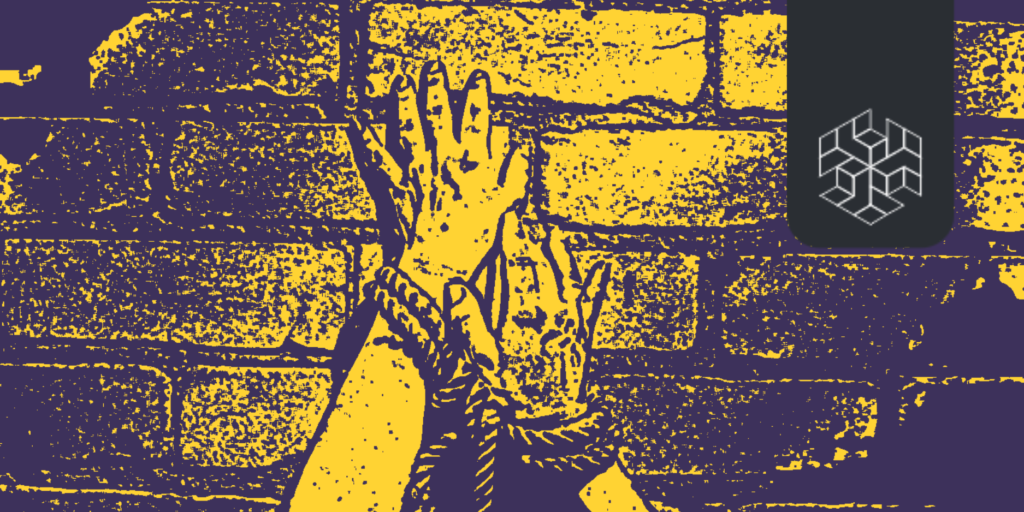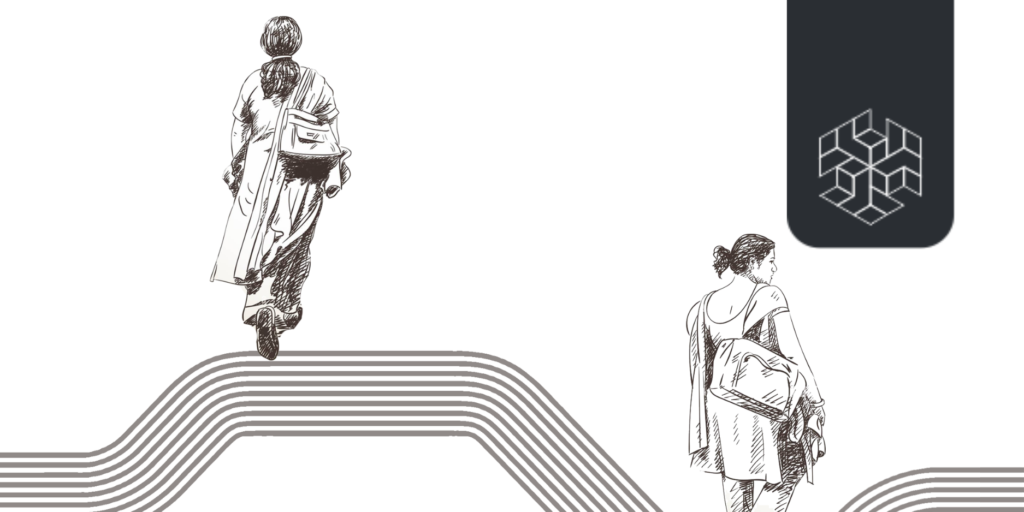Authored by: Nikhil Varghese Mathew
ABSTRACT
The economic impact of the COVID-19 pandemic, reflected in rising unemployment rates and starvation deaths across the country, was met by calls to universalise the Public Distribution System. Recognising that the pandemic served to exacerbate already existing food insecurity in the country, this paper seeks to explore the public discourse surrounding policy responses to the same. In particular, this paper attempts to analyse the case for an increasing role for Direct Benefit Transfers in India’s food security policy.
INTRODUCTION
In his address to the nation on June 30, 2020, Prime Minister Narendra Modi announced the extension of the free ration scheme—Pradhan
Mantri Garib Kalyan Anna Yojana—till the end of November 2020 (Press Information Bureau 2020a). The scheme, announced as a part of the Rs 1.70 lakh crore Pradhan Mantri Garib Kalyan relief package on March 26, 2020, by the Union Minister for Finance & Corporate Affairs, had the stated objective of providing 80 crore individuals (i.e. all beneficiaries under the National Food Security Act) with double their current foodgrain entitlements over the next three months, free of cost (Press Information Bureau 2020b).
The scheme, purportedly announced to protect India’s poor from suffering “on account of non-availability of foodgrains”, achieves salience when one notes the extent of the economic impact of the COVID-19 pandemic. Data compiled from news portals indicate that of the 884 “non-virus” reported deaths in India due to the lockdown, as of July 2, 2020, at least 167 were directly caused by starvation and financial distress (Thejesh 2020). It must be noted that this accounts only for those cases that have been reported in the media, and as such, the total number of deaths could be significantly higher.
Furthermore, surveys by the Centre for Monitoring Indian Economy indicate that the unemployment rate in India reached 23.5% in April and May 2020, testifying to an undeniable increase in concomitant food insecurity (Centre for Monitoring Indian Economy 2020). Additionally, analysis of survey data collected as a part of CMIE’s Consumer Pyramids Household Survey reveals that over 80% of the surveyed households reported a decline in income owing to the national lockdown that was ordered from March 24, 2020 (Bertrand et al. 2020).



